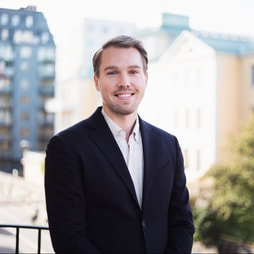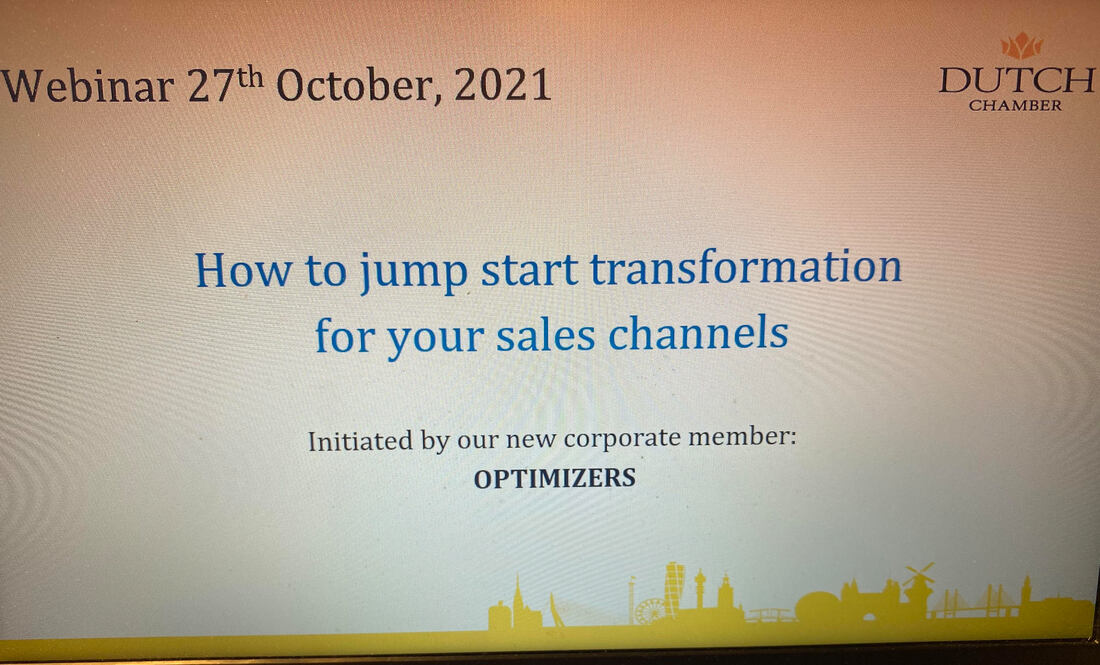
Framtidshoppet seeks to provide youth impacted by Gymnasielagen with the tools and support required to secure long-term employment and a sustainable future in Sweden. Gymnasielagen (‘the high school law’), established after the 2015 refugee crisis, offered youth who had received a rejection on their asylum application an opportunity to stay in Sweden and finish high school. It also provided the chance of obtaining a prolonged residence permit. However, the regulations for obtaining this permit often prove near impossible which has left many young people anxiety-ridden and depressed.
Please see the text below for further information on the programme and how you can play a pivotal role in transforming the lives of some of Stockholm’s most vulnerable. In order to participate in the mentorship programme, you need to be a proficient Swedish speaker.
For further information on how to get involved please contact War Child Sweden on 0761-745307 or Jolande Svensson-Klijn.
Background
Gymnasielagen (in English‘the high school law’) was initiated after the refugee crisis in 2015 to allow youth who had received a rejection on their asylum application to stay in Sweden and finish high school, and in the long run, possibly get a prolonged residence permit. The law affects about 7.500 youth who have suffered from lengthy processes. They all arrived in Sweden as unaccompanied children before the 24th of November 2015, which means they have lived here for at least six years.
The regulations for getting a prolonged residence permit are tough. The youth must find a job within six months after graduation, and the contract must be long-term (at least two years) and the salary in line with collective agreements in the specific field (or other field standards).
The youth affected by this law report high levels of stress and concern for the future. A large majority of the affected youth are of Afghan origin, however, many have never lived in Afghanistan and have instead resided in countries such as Iran or Pakistan. Many of these youth do not see a future in Afghanistan as an option. Instead, they choose to flee to other European countries or stay in Sweden without a permit.
The project
Framtidshoppet (Hope for the future) is a collaboration between War Child Sweden, Arbetskraftsförmedlingen and Nordisk Kompetens. Arbetskraftsförmedlingen is a civil society organization working with job matching. Through their campaign REDO, they focus specifically on finding work for youth covered by the Gymnasielagen. Nordisk Kompetens is a staffing and recruitment firm.
The overall purpose of Framtidshoppet is to give youth covered by Gymnasielagen the support and tools needed for them to build a sustainable future in Sweden.
To support youth covered by Gymnasielagen, Framtidshoppet rests on four pillars:
1) A mentorship program
2) Support in job searching
3) Collaboration between the civil society organisations and the private sector
4) Advocacy
Through the mentorship program, youth who are experiencing mental turmoil are supported by mentors trained by War Child Sweden. The support these youth receive is implemented by partner organisations. This includes supporting the youth emotionally as well as engaging companies to employ young people from this target group. As many of the youths have studied and worked in professions that are facing staff shortages, the project will also play an important role in maintaining industries threatened by a high staff vacancy rate.
Throughout the project, open houses will be arranged two times per month, where the youth can receive practical help with cover letter and CV writing, LinkedIn and Yobber registration, and interview training. Once a month, joint activities for all mentors and youth will be arranged, creating a possibility for the participants to share and discuss difficulties and successes.
Pillars 3 and 4 aim to broaden the impact of the project, by bringing awareness to the wider public of the issues faced by the youth impacted by the Gymnasielagen. By creating a model of united action between organizations within the civil society and the private sector, the outcomes and learnings of Framtidshoppet can be scaled and spread to organizations and businesses in other areas of expertise. We will also investigate whether organizations find the model useful and how they intend to use it. This will create far-reaching benefits for the Swedish society and contribute to creating a sustainable future for other groups too. Through campaigning on youth issues, we will seek to raise awareness of the key issues affecting this particular youth population to the general public, civil society and the business sector. Moreover, it is hoped that the likelihood of this youth group receiving a job within the six-month period prescribed by Gymnasielagen will increase. Indirectly, the campaigns may also contribute to a shifted view on the legislation among decision-makers and the general public.






 RSS Feed
RSS Feed
